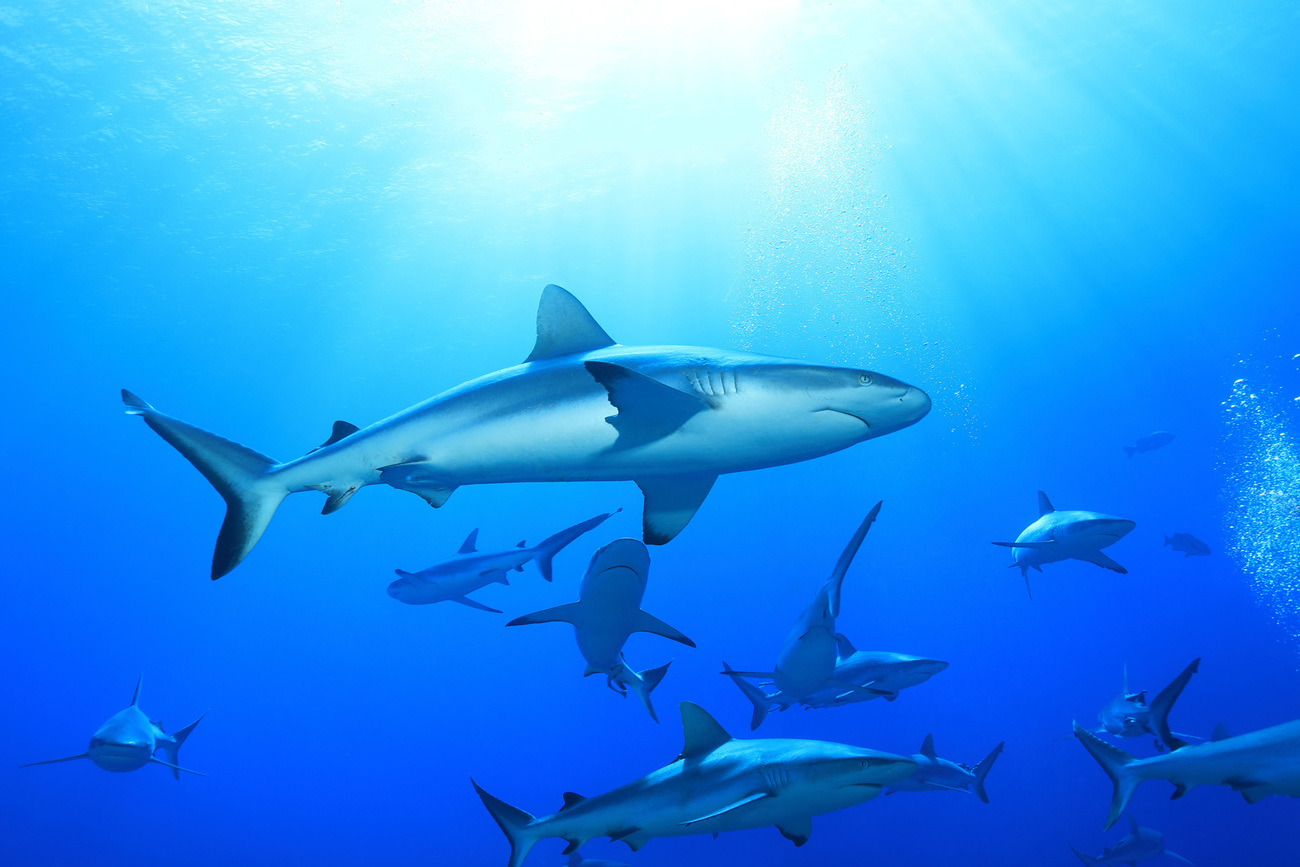Policy Conventions & Agreements - Global
Protection for wildlife & habitats is preserved in global agreementsworld wildlife conference makes great strides for protected species
world wildlife conference makes great strides for protected species

(Panama City, Panama – 25 November 2022) — The 19th Conference of the Parties (CoP) of the Convention on International Trade in Endangered Species of Wild Fauna and Flora (CITES) in Panama City concluded today, with governments agreeing new protection for hundreds of species at risk from international trade.
IFAW welcomed the many important conservation decisions taken at this meeting. This included groundbreaking new controls on the international trade in shark fins, as well as greater protection for many species found in the international exotic pet trade, such as species of glass frogs and turtles.
“Over a million species are at risk of extinction if we do not change the way we treat wildlife,” said Matthew Collis, IFAW Deputy Vice President for Conservation. “Governments at CITES have shown they are beginning to grasp the scale of the challenge required to confront the crisis facing the natural world. Overexploitation of species, including through international trade, is a key contributing factor to the decline of many species.”
“Panama’s leadership of CoP19 set the tone with their ambition for this conference —to leading a game-changing proposal to ensure the majority of shark species in the international fin trade received CITES protection,” added Collis.
Nearly 100 species of sharks and rays were added to CITES Appendix II to control the unsustainable global trade in their fins and meat—a trade which has pushed some of these ecologically important predators to the brink of extinction. This brings most shark species in international trade under CITES control, meaning no trade should take place unless it is legal and sustainable.
Similar protection was granted to all species of glass frogs (frogs with semi-transparent skin through which you can see their skeleton, intestines and beating heart) and many freshwater turtle species and other reptiles, all popular in the burgeoning exotic pet trade. An analysis of U.S. import records shows that, between 2016 and 2021, imports of glass frogs increased by approximately 44,000%—from 13 live individuals in 2016, to 5,744 individuals in 2021.
In good news for elephants and rhinos, CITES member governments rejected proposals to reopen international trade in ivory and rhino horn. IFAW welcomed this decision, as any legal trade provides opportunities for criminals to launder poached elephant tusks and rhino horns into the market. Similar proposals have been repeatedly rejected by governments in previous CITES conferences.
Mr Collis said: “It is clear there is no appetite for reopening these dangerous trades. Instead, the international community must find innovative new ways to generate income for conservation without exposing animals to being poached.”
“Sadly, governments missed just such an opportunity at this meeting by failing to agree on Kenya’s suggestion to set up a fund to create financial resources in exchange for the destruction of ivory stockpiles. We urge governments to reconsider such ideas before the next conference, otherwise we will see a repeat of the divisive discussions on ivory stockpiles that have long characterised CITES conferences.”
The conference adopted a number of decisions regarding the prevention of pandemics and taking a ‘One Health’ approach to management of wildlife trade. Government agencies were encouraged to collaborate to identify and reduce risks of pathogen spillovers along wildlife trade supply chains and CITES to work with international efforts in this area. Governments agreed to keep this under review and potentially return with further recommendations at the next meeting.
IFAW was also pleased to see CITES advocate that governments continue to take action to address wildlife cybercrime and build capacity to help enforcement agencies deal with live animals seized from wildlife traffickers, both growing challenges for governments worldwide as they tackle wildlife crime.
CITES meets every three years and already offers protection to more than 38,000 species across the globe. This was the first CITES meeting hosted in Latin America in 20 years.
ENDS
Visual editors: High-resolution photo and video are available on request.
Press Contacts:
Rodger Correa
Director of Communications, Americas
WhatsApp: +1 202 834 6637
e: rcorrea@ifaw.org
Stacey Hedman
Director of Communications, International Policy
WhatsApp: +1 508 737 2558
e: shedman@ifaw.org
Related content
Our work can’t get done without you. Please give what you can to help animals thrive.